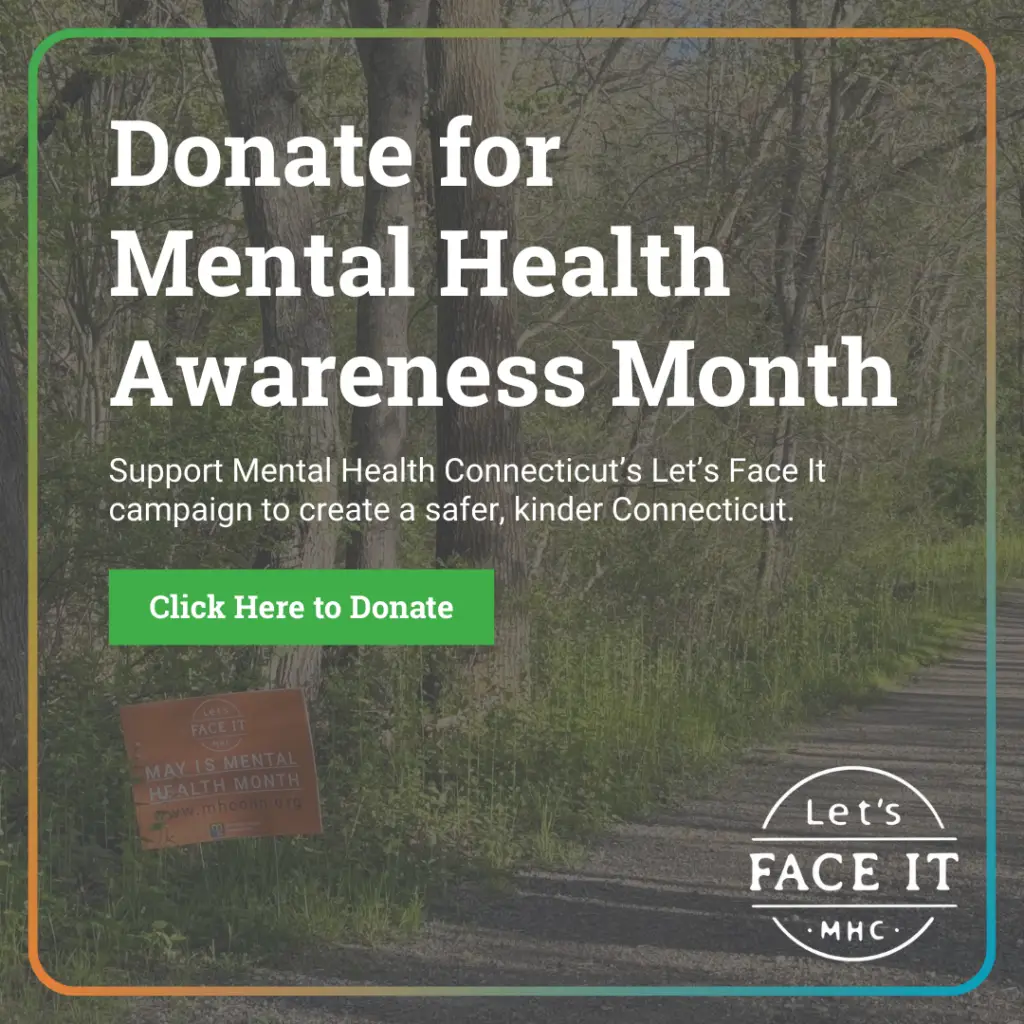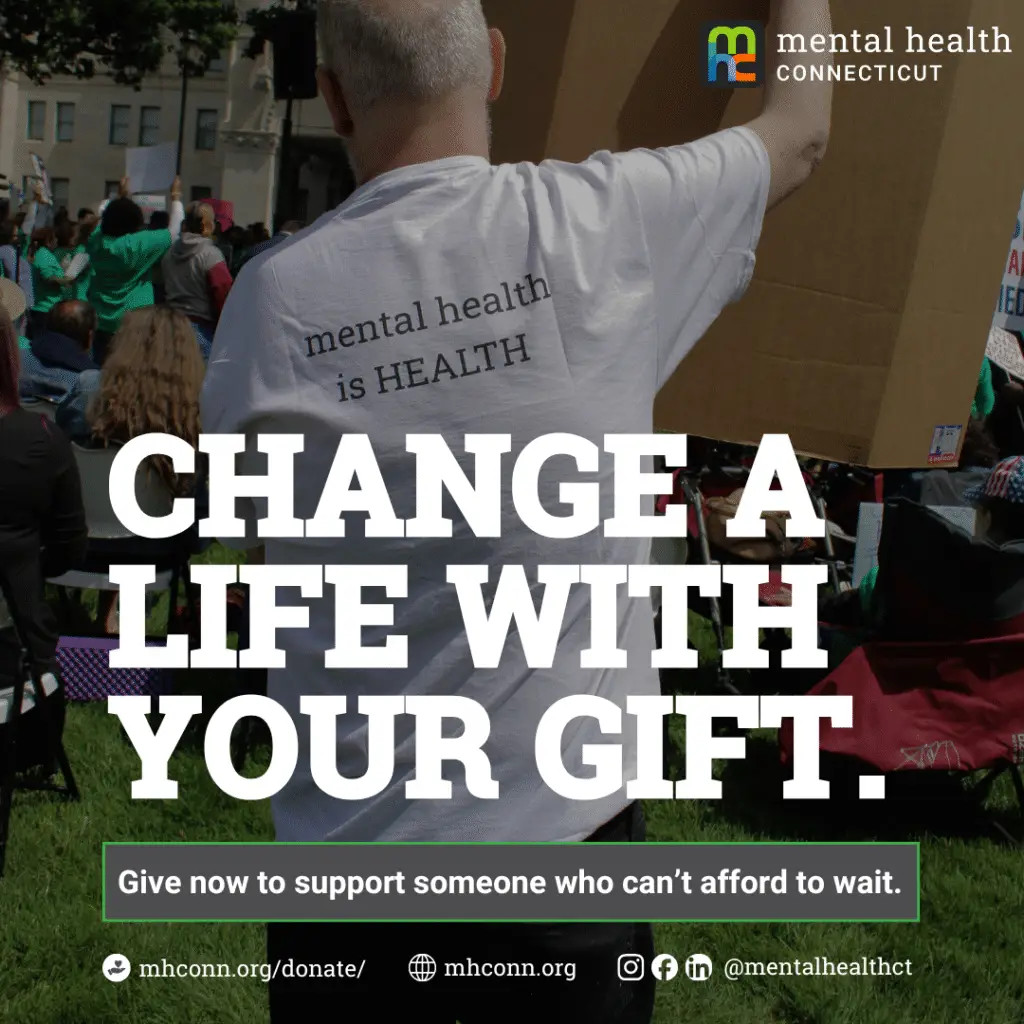Misinformation spreads rapidly, with frightening-sounding “facts” discouraging people from seeking the mental health care they need. Many of these so-called facts are outdated, exaggerated, or simply myths. By addressing them, we can reduce stigma and foster open conversations about mental health and overall well-being.
Myth 1: “Mental Illness is uncommon.”
The truth is, mental health challenges are more common than most people realize. According to the National Alliance on Mental Illness (NAMI), 1 in 5 adults in the U.S. experiences a mental health condition each year. That means someone you know — a friend, coworker, or family member — is going through this right now. Mental health isn’t rare; it’s a widespread human experience.
Myth 2: “People with mental illness are dangerous.”
This is one of the most harmful stereotypes out there. People with a mental health condition are much more likely to be victims of violence than to commit it. This common myth promotes stigma and prevents individuals from seeking help when they need it.
Myth 3: “Those with mental illnesses never recover.”
With the right treatment, support, and lifestyle changes, recovery is entirely possible, allowing individuals to live meaningful and fulfilling lives. Recovery might not be quick, with symptoms rarely disappearing overnight, but it helps individuals learn to manage challenges and thrive.
Myth 4: “Therapy doesn’t work.”
Therapy is a scientifically supported treatment that helps recognize patterns, build coping skills, and improve daily life. For many conditions, therapy is as effective as, and often combined with, medication. “Just talking” can offer tools for lasting wellness.
Myth 5: “Children and teens don’t have mental health issues. They are just going through a phase.”
Mental health challenges can begin at any age, and half of all lifetime cases start by age 14. Ignoring young people’s struggles and considering them simply “phases” can delay the support they need. Early intervention greatly influences long-term outcomes.
Myth 6: “If you take medication for a mental health condition, you’re weak.”
Medication for mental health conditions is just like insulin for diabetes or an inhaler for asthma. Taking medication is a sign of strength, not weakness, and shows a person is taking charge of their health.








